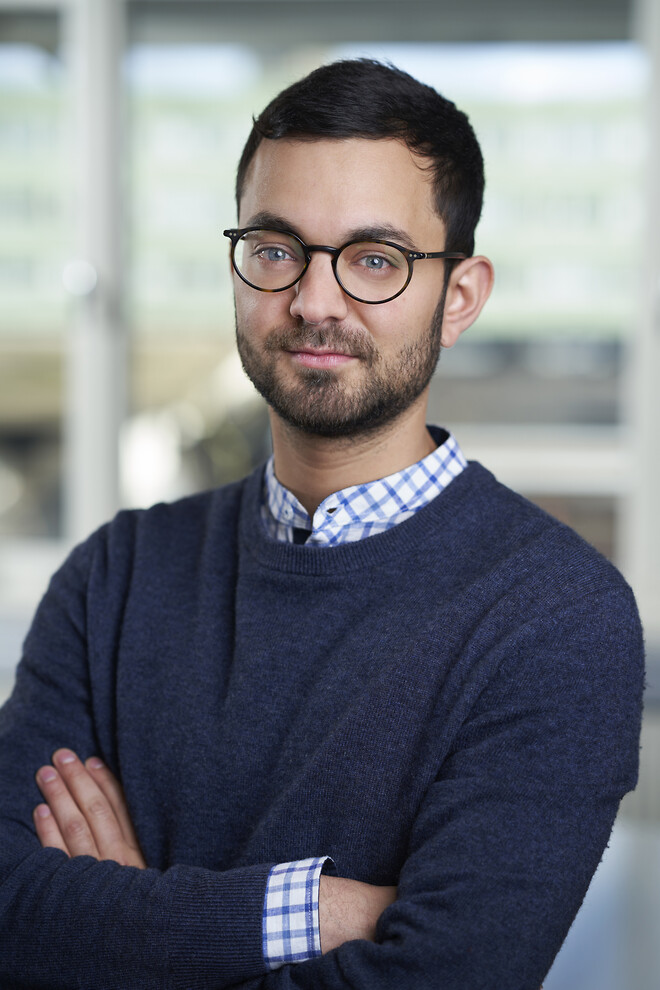Study: Our behaviour may have been guided by wishful thinking during the pandemic
A recently published doctoral dissertation from the School of Economics at Lund University, Sweden, examines this subject based on, among other things, a field study from the spring of 2021 which included 434 unvaccinated students in Lund.
The purpose was to measure their risk assessments with regard to café visits – a social activity that suddenly involved a health risk during the pandemic.
The students were divided into a control group and a treatment group. In the former, the participants received a café coupon of SEK 15; in the latter, a coupon worth SEK 100.
Prior to distributing the coupons, the students in both groups perceived café visits in a similar way – as relatively risky. However, two weeks later, the situation had changed altogether. While the students with the SEK 15 voucher perceived that the risk of a café visit had increased in the last two-week period, which was in line with the actual infection increase reported at the time, the students with the SEK 100 coupon perceived that the risk had decreased. The latter had also redeemed the voucher to an extent that was five times higher than those in the control group.
“The fact that those with the SEK 100 voucher had a greater tendency to visit a café even though it was not socially desirable was not quite unexpected. It was more surprising that they also devalued the risk by doing so to justify this to themselves,” says economist Marco Islam, the author of the dissertation, to Life Science Sweden.
He believes that people’s risk assessments may be the result of wishful thinking to a greater degree than previously indicated in research. We believe what we wish to believe, rather than what we should believe, based on the information we have, which in turn serves the purpose of legitimising our risky behaviour.
Marco Islam believes that the study is an argument against an overly liberal Covid policy and for rigorous testing.
“The study shows that without clear rules and guidelines, people tend to interpret contextual incentives in a selfish way, which may result in the risks being underestimated,” he says.
Would you say that the students’ wishful thinking revealed in the study was also shared by politicians and authorities in Sweden during the pandemic?
“That is impossible to say based on the study. I have my personal opinion, but it is irrelevant in this context.”
Read the full article “Motivated Risk Assessments” and more about the dissertation “Economic Experiments on Behaviour and Preferences”.
Artikeln är en del av vårt tema om News in English.

 Av
Av